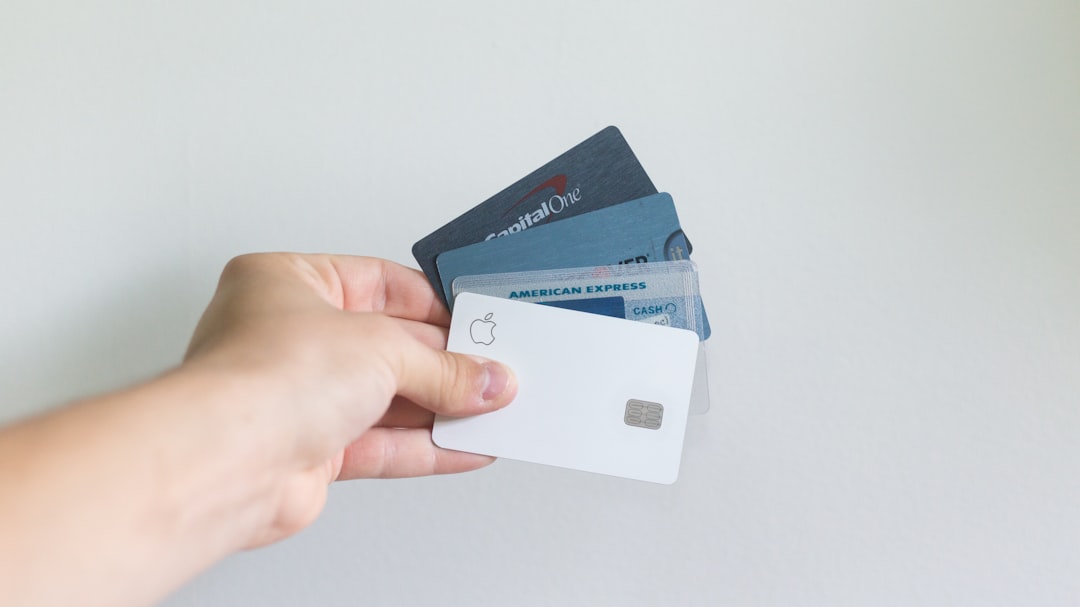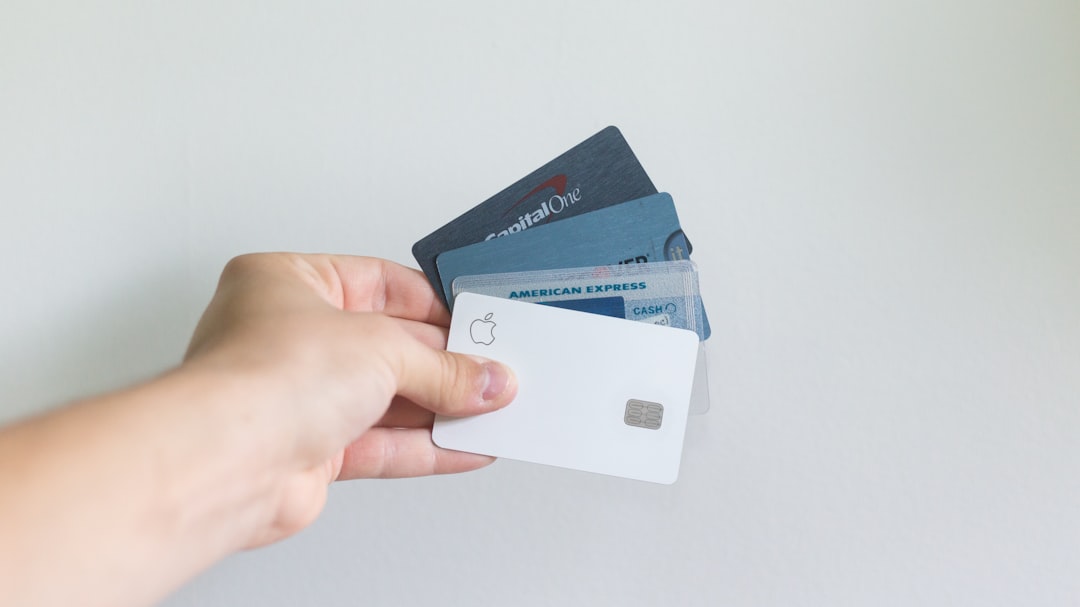UK residents with bad credit have options for debt consolidation through both secured and unsecured loans. Secured loans require collateral but offer lower interest rates, while unsecured loans are more accessible but cost more. No credit check loans use alternative data points for approval. Secured debt consolidation loans can save money due to asset-backed financing but carry the risk of losing collateral if repayments fail. Understanding financial health and terms is crucial before applying.
In the UK, individuals grappling with unsecured debts often seek relief through debt consolidation loans. This article explores the options available for those with a bad credit history or no credit check needed. We delve into secured and unsecured debt consolidation loans, focusing on the UK market. Understanding eligibility criteria, the practicalities of no-credit-check loans, and assessing the benefits and risks is crucial before borrowing. By examining these aspects, borrowers can make informed decisions regarding their financial future, especially when considering secured debt consolidation loans.
- Understanding Unsecured Debt Consolidation Loans UK
- Eligibility Criteria for Bad Credit Borrowers
- How No Credit Check Loans Work in Practice
- Benefits and Risks of Secured Debt Consolidation Options
Understanding Unsecured Debt Consolidation Loans UK

Unsecured Debt Consolidation Loans UK offer a potential solution for individuals with bad credit history or no credit check looking to consolidate their debts. Unlike Secured Debt Consolidation Loans, which require collateral, Unsecured loans provide funds based solely on an individual’s income and current financial situation. This makes them more accessible but also comes with higher interest rates.
These loans allow borrowers to combine multiple outstanding debts into a single loan with a potentially lower interest rate, simplifying repayment and reducing the risk of missing payments due to the confusion of managing several lenders. Understanding your credit score and financial obligations before applying is crucial to securing the best possible terms for your Unsecured Debt Consolidation Loan.
Eligibility Criteria for Bad Credit Borrowers

In the UK, borrowers with a history of bad credit often face challenges when seeking debt consolidation loans. However, there are specific options available for those who meet certain eligibility criteria. Secured debt consolidation loans are one such alternative, designed to accommodate individuals with less-than-perfect credit scores. These loans require borrowers to offer an asset as collateral, which acts as a safety net for lenders, thereby increasing the chances of approval.
Eligibility for secured debt consolidation loans typically involves factors like a stable source of income, proof of employment, and a significant equity position in an asset (such as a property or vehicle). While credit checks are conducted, negative marks on one’s credit report may not automatically disqualify borrowers. Lenders often consider the overall financial picture, including the borrower’s ability to make consistent repayments, which can improve their chances of securing a favorable loan despite bad credit history.
How No Credit Check Loans Work in Practice

No credit check loans, as the name suggests, are financial products that do not require borrowers to pass a credit check or provide any form of collateral. In practice, these loans operate by relying on alternative data points to assess an individual’s ability to repay. Lenders may consider factors such as employment history, income level, and bank statements to make their decisions. This approach is particularly beneficial for individuals with bad credit or no credit history, as it provides them with access to funds without the usual barriers.
Unlike secured debt consolidation loans, which require borrowers to pledge an asset as collateral, no credit check loans offer a more flexible option. While they may come with higher interest rates and shorter repayment periods, they can be a viable solution for those looking to consolidate their debts without facing strict eligibility criteria. This alternative financing method allows people to take control of their finances and work towards improving their credit score over time.
Benefits and Risks of Secured Debt Consolidation Options

Secured debt consolidation loans can offer several advantages for individuals looking to manage their debt effectively, especially those with a bad credit history or no credit check requirements in the UK. One significant benefit is that these loans often provide lower interest rates compared to unsecured options, as they are backed by an asset, typically a property or vehicle. This can lead to substantial savings over time and help borrowers avoid the potential pitfalls of high-interest debt. Furthermore, with a secured loan, lenders may be more lenient on credit score requirements, making it accessible to those with limited or poor credit history.
However, there are risks associated with this type of consolidation. If the borrower fails to make repayments as agreed, they risk losing the asset used as security. This can result in foreclosure or repossession, causing significant financial and personal strain. Therefore, borrowers must carefully consider their repayment capacity and ensure they understand the terms and conditions before taking out a secured debt consolidation loan.
When considering debt consolidation, understanding your options is key. While secured loans offer lower interest rates, they require collateral, which isn’t feasible for everyone. Unsecured loans provide flexibility for those with bad credit or no credit check requirements, but come with higher rates. By exploring these UK options and assessing the benefits and risks, borrowers can make an informed decision to manage their debt effectively and improve financial health. Remember, choosing the right loan type aligns with your unique circumstances.
